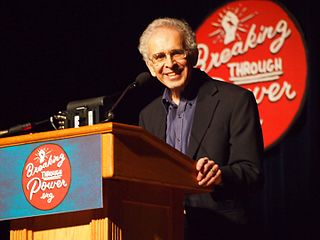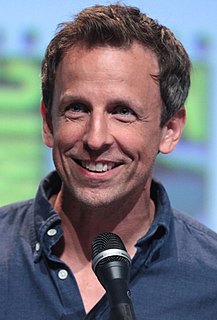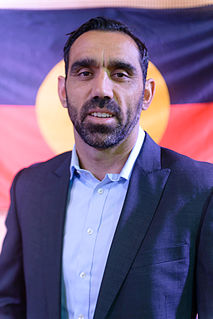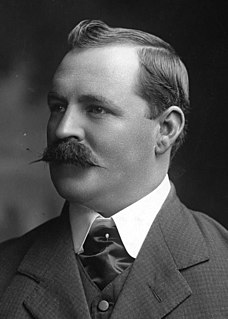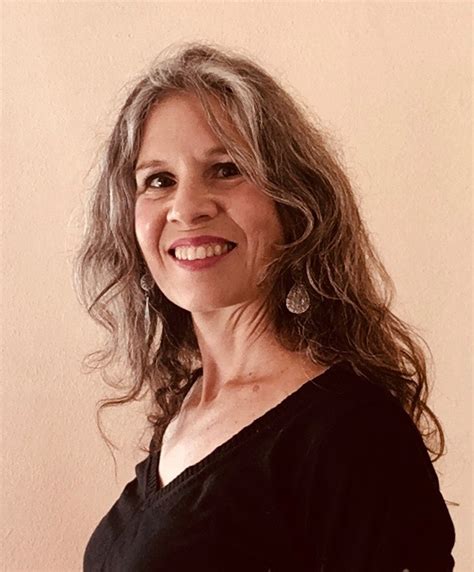A Quote by Michael F. Jacobson
I think, in terms of the media, journalists need to do a much better job of asking people they interview about conflicts of interest and then reporting them.
Related Quotes
I think that all journalists, specifically print journalists, have a responsibility to educate the public. When you handle a culture's intellectual property, like journalists do, you have a responsibility not to tear it down, but to raise it up. The depiction of rap and of hip-hop culture in the media is one that needs more of a responsible approach from journalists. We need more 30-year-old journalists. We need more journalists who have children, who have families and wives or husbands, those kinds of journalists. And then you'll get a different depiction of hip-hop and rap music.
I don't think journalism changes. It's about digging into stories and telling them well. The basic tenets of great reporting stay the same while things around it change. Technology has made reporting easier, but it has also caused job loss. Social media has increased discussion around topics, but it has its own challenges at times.
I think I have this old-fashioned idea that when you are asking people to vote for you, it is kind of like a big job interview, and you oughta tell people what you think you can do for them. I think we can create more economic opportunity. I think we can improve education, make college affordable, deal with the myriad of issues that we confront.
Distinguish between the work and the job title. When I was leaving school in the early 1970s, many people wanted to be journalists, carrying out investigative reporting for print newspapers. Print newspapers may not exist in twenty years. But good thinking and good writing about issues that need to be reported and investigated will always be needed; but where this happens, what it is called, and who pays for it may be quite different than could have been envisioned by the great journalists of the past.
Media bias in editorials and columns is one thing. Media fraud in reporting 'facts' in news stories is something else. ...The issue is not what various journalists or news organizations' editorial views are. The issue is the transformation of news reporting into ideological spin, along with self-serving taboos and outright fraud.
I do worry about the press and a President Trump. You know, I think it's dangerous the entire de-legitimization that he's engaged in against all of the media because the people, as much as it's fun to hate us, they do need us. You know, they need good, strong skeptical journalists to be covering whoever it is, whether it's Barack Obama or President Donald Trump.
My experience is that journalists report on the nearest-cliche algorithm, which is extremely uninformative because there aren't many cliches, the truth is often quite distant from any cliche, and the only thing you can infer about the actual event was that this was the closest cliche. It is simply not possible to appreciate the sheer awfulness of mainstream media reporting until someone has actually reported on you. It is so much worse than you think.
Your teacher cannot bridge the gap between what you know and what you want to know. For his words to ‘educate' you, you must welcome them, think about them, find somewhere for your mind to organize them, and remember them. Your learning is your job, not your teacher's job. And all you need to start with is desire. You don't need a schoolteacher to get knowledge - you can get it from looking at the world, from watching films, from conversations, from reading, from asking questions, from experience.
I think that all journalists, specifically print journalists, have a responsibility to educate the public. When you handle a culture's intellectual property, like journalists do, you have a responsibility not to tear it down, but to raise it up. The depiction of rap and of hip-hop culture in the media, I think, is one that needs more of a responsible approach from journalists.
